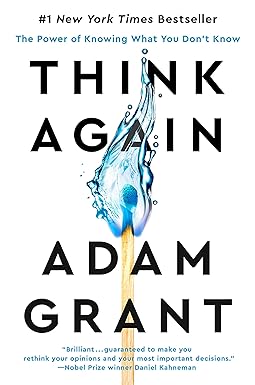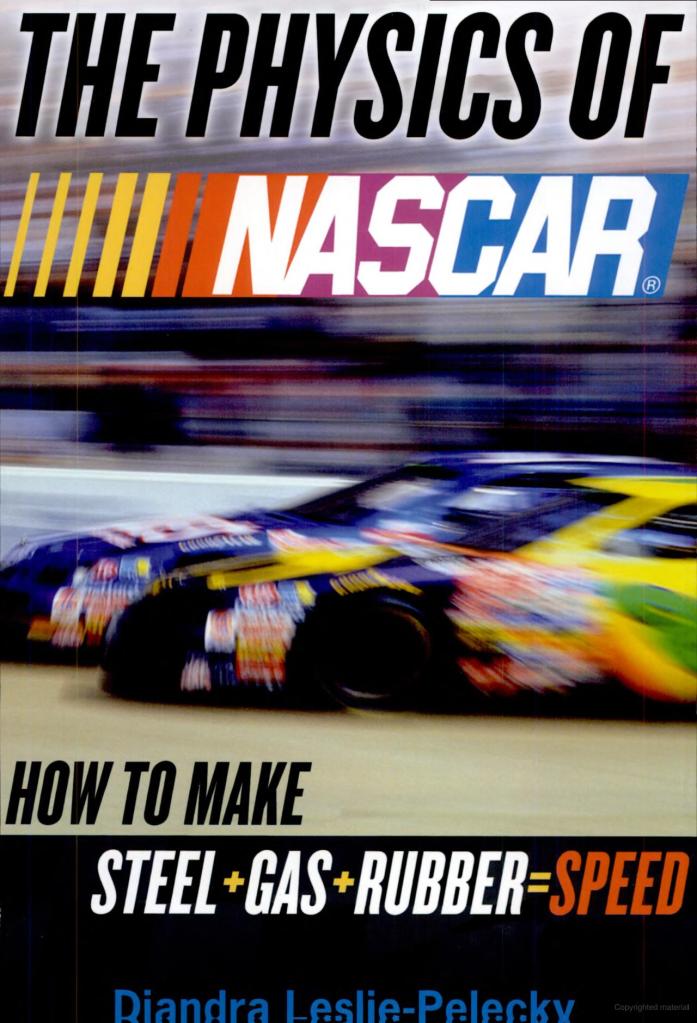There are, basically, two ways to do things. The right way and the wrong way. Not related to the time that you get results, but related to the outcome. The right way is in most cases, the difficult way. So many people use the easy way, that commonly is the wrong way. Lying for instance requires less effort than saying the truth. Why? Because to say the truth you need to spend time learning about the facts of reality. And that is not easy. It is much easier to make up things and to say whatever comes to mind just because it is easy.
Now, when we were young, at least that happened to me, we were told to be truthful. In fact, in some religions like Christianity, truth has a very high value. At least is two articles in the gospel of John we read about the importance of truth. One John said that Moses brought the law and that Jesus Christ brought grace and truth. Later in the same book of John, we read how Jesus said: “Through me, you will know the truth, and the truth will set you free” Clearly in these we see the importance of truth.
We see, also, the connection between truth and freedom. So, it seems to me that the opposite of truth is not lying but unfreedom. And we want to be free. That is a good reason to be truthful, to live a truthful life. It implies too, that the lack of truthfulness will produce the chains of unfreedom, the hardship of a life full of misfortune. Even if for some time the fruits of lying appear to indicate that you can get away with lying. But we know that in the end, lies will need more lies to sustain until you get to an unsustainable situation.
On the other hand, even as it might be hard, being truthful will allow you to be free. Free of the need for more lies to sustain a life full of misery. Being truthful will provide the freedom to be, whoever you are, with peace of mind and the natural satisfaction that your are doing the right thing, even if it is not easy!



